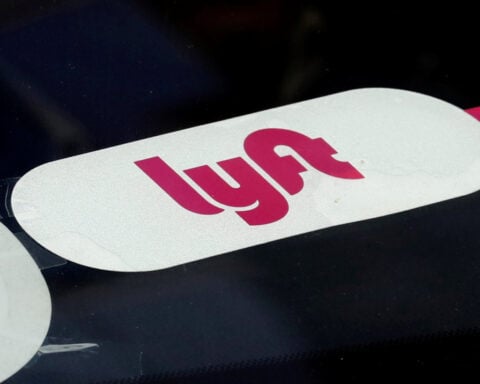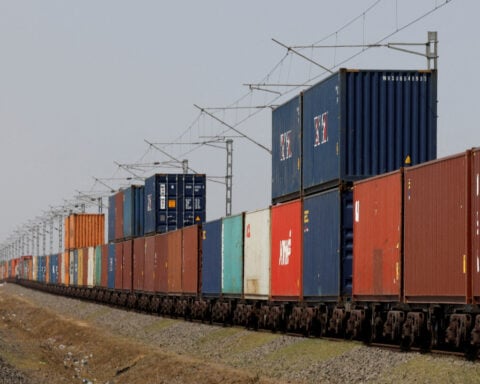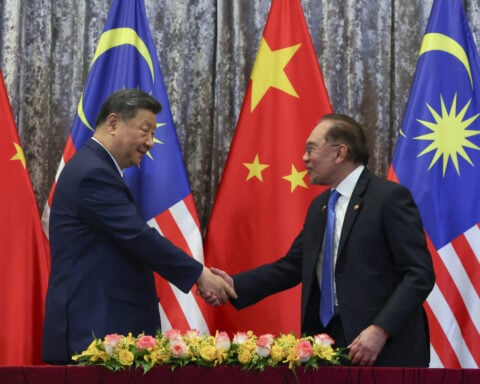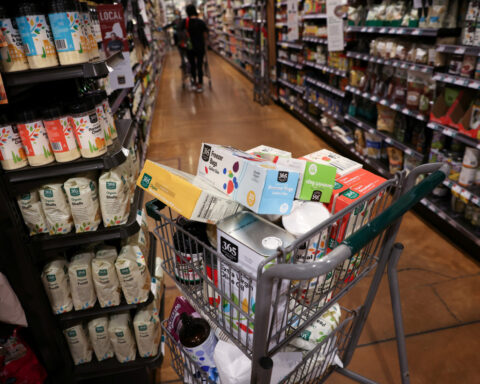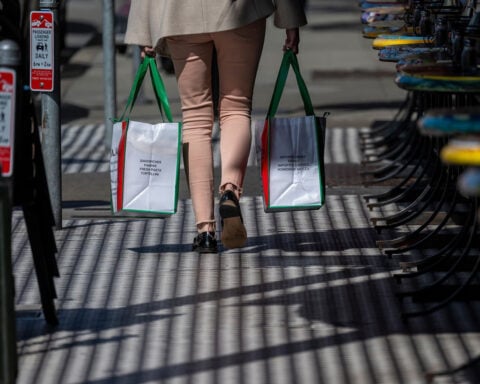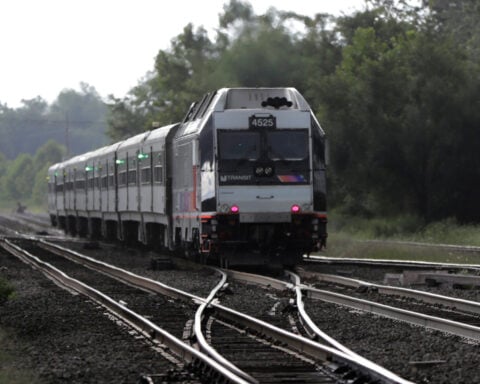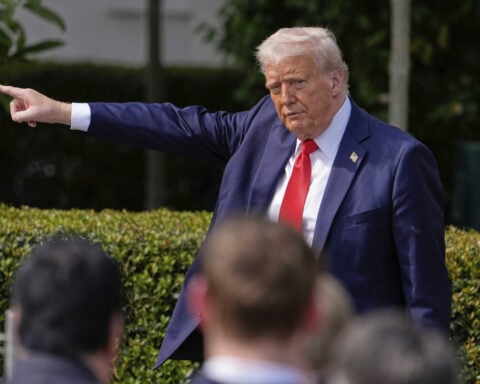By Alberto Alerigi
SAO PAULO (Reuters) - Brazilian auto exports are set to plunge by double digits in 2023 when compared with the previous year, automaker association Anfavea said on Friday, as a severe economic crisis in neighboring Argentina hits shipments to that country.
The association said in a statement it now projects exports to fall 12.7% in 2023 to 420,000 vehicles, a major cut from its previous estimate of a 2.9% drop in the period.
"Exports have been the major warning point for the automotive sector in the first nine months of the year," it said.
According to Anfavea, the crisis in Argentina caused the country - which has in Brazil its largest trade partner - to lose its position as the No.1 destination of Brazilian auto exports to Mexico this year.
Argentina, which will hold a presidential election in Oct. 22, has been grappling for years with a crisis that saw annual inflation hit more than 120% in 2023. Its net central bank reserves are negative and the government was forced to devalue the peso by 20% in August.
In the first nine months of 2022, Anfavea said, auto exports from Brazil have already declined 11.2% from the same period a year ago.
In addition to the Argentine crisis, the association said, market shares lost in other countries such as Chile and Colombia also affected Brazil's shipments.
In Brazil, on the other hand, the automotive market has performed better than previously anticipated, which led the group to revise its forecast for local sales this year to 2.23 million vehicles, up from the 2.17 million projected before.
That would represent a 6% year-on-year increase, it said.
The Brazilian market was helped by a temporary government program launched in June to lower vehicle prices through tax benefits. The tax credits offered by the program quickly ran out, but the market remained heated even after that.
"There was a fear that the market would contract after the end of the credits offered by the federal government," Anfavea's head Marcio de Lima Leite said. "Average daily sales, however, have been growing consistently for the past two months."
The higher sales, nonetheless, do not necessarily mean higher local production.
"Two thirds of this increased domestic demand is being met by imported products," Leite said.
That way, Anfavea added it now forecasts Brazil's auto production to increase a slight 0.1% in 2023 from the previous year, less than the 2.2% expansion previously estimated. It sees output totaling 2.37 million vehicles in the period.
(Reporting by Alberto Alerigi Jr.; Writing by Gabriel Araujo; Editing by Steven Grattan and Angus MacSwan)

 Trump has begun another trade war. Here's a timeline of how we got here
Trump has begun another trade war. Here's a timeline of how we got here
 Canada's leader laments lost friendship with US in town that sheltered stranded Americans after 9/11
Canada's leader laments lost friendship with US in town that sheltered stranded Americans after 9/11
 Chinese EV giant BYD's fourth-quarter profit leaps 73%
Chinese EV giant BYD's fourth-quarter profit leaps 73%
 You're an American in another land? Prepare to talk about the why and how of Trump 2.0
You're an American in another land? Prepare to talk about the why and how of Trump 2.0
 Chalk talk: Star power, top teams and No. 5 seeds headline the women's March Madness Sweet 16
Chalk talk: Star power, top teams and No. 5 seeds headline the women's March Madness Sweet 16
 Purdue returns to Sweet 16 with 76-62 win over McNeese in March Madness
Purdue returns to Sweet 16 with 76-62 win over McNeese in March Madness


